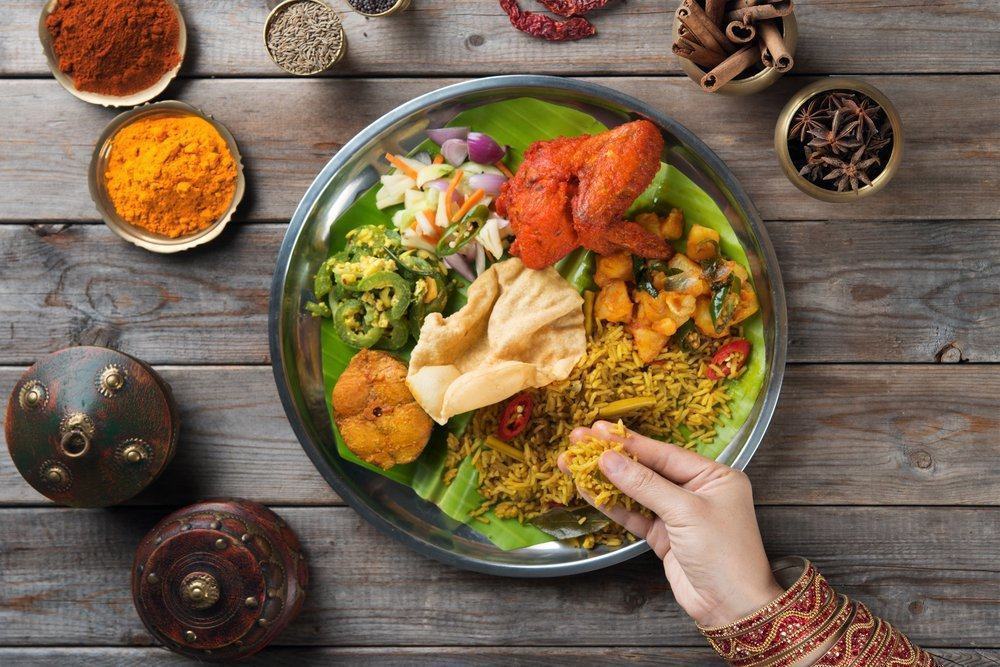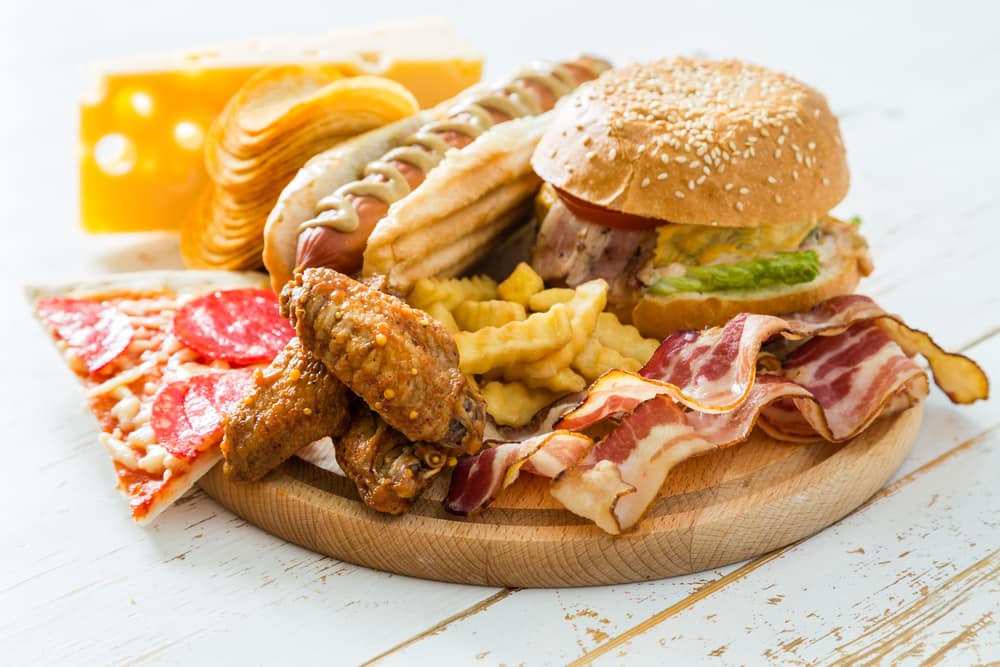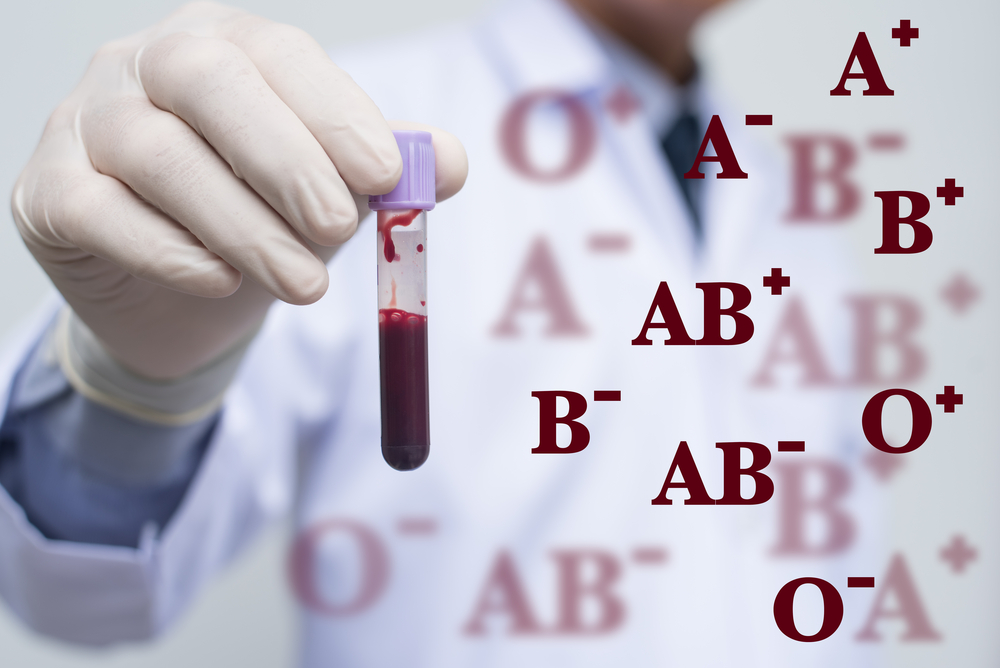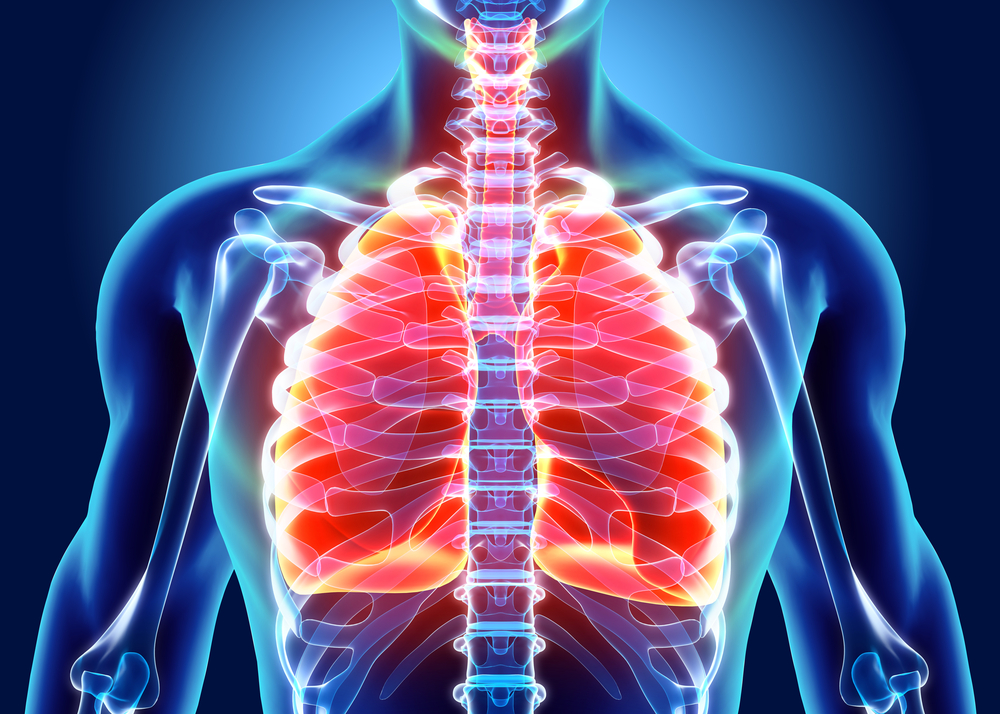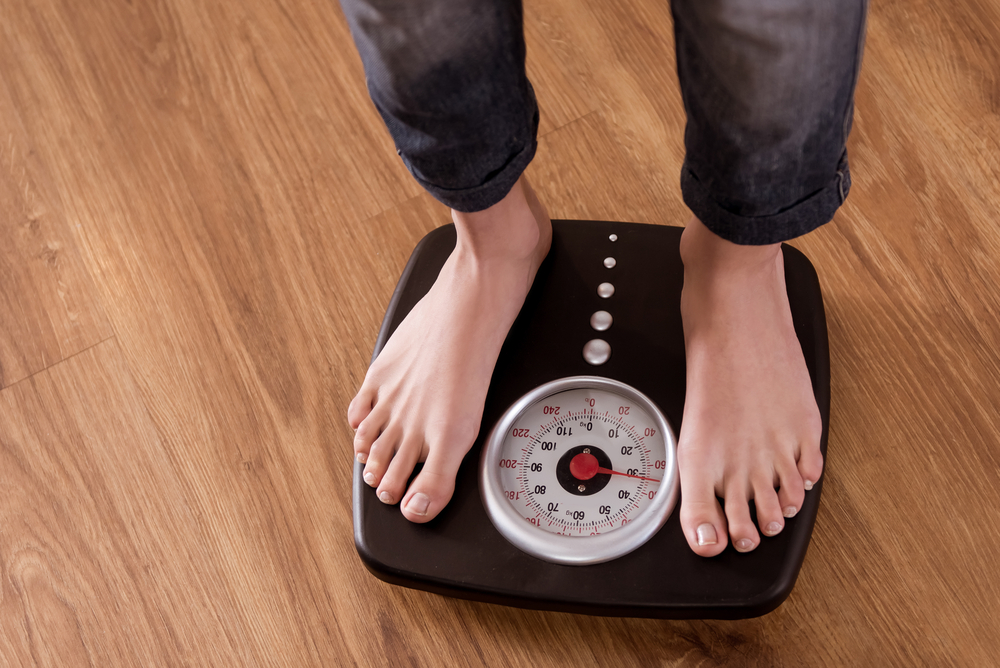Contents:
- Medical Video: How to Lose Weight and Get More Energy in 15 Days
- What are the eating habits that we must avoid during fasting?
- 1. Open and sahur with junk food
- 2. Break with oily food and contain lots of sugar
- 3. Consume too much carbohydrate at dawn
- 4. Drink caffeinated drinks at dawn and open
- 5. Jump to sleep after dawn
- 6. Skip sahur
- 7. Eat too much when breaking the fast
Medical Video: How to Lose Weight and Get More Energy in 15 Days
Apart from holding back hunger and thirst, fasting certainly has many health benefits, one of which is to improve the performance of the digestive system in our body. However, poor eating habits in the fasting month, as well as mistakes in choosing fasting and dawn food, can actually eliminate the benefits of fasting on health.
What are the eating habits that we must avoid during fasting?
1. Open and sahur with junk food
Filling the stomach during the fasting month, especially at dawn and breaking, is indeed required. However, many people fill it with high-fructose syrup, MSG (for flavoring), excess sodium, and oils that can clog the heart. If you are in a hurry, many choices are healthy and lawful, which is certainly very good for breaking the fast. However, a bad habit that is often done is breaking the fast together in the restaurant junk food.
Food junk food, such as chips, instant noodles, and other foods that are less nutritious should not be used as food intake. You will not have enough energy during fasting, because what you eat does not produce anything for the body. Conversely, when you eat foods that are nutritious enough, you will feel more full, so you do not have to eat large portions.
2. Break with oily food and contain lots of sugar
Fried foods contain high oil so it will be difficult for the body to digest, especially when you eat these foods when you break your fast. Use natural sweeteners such as honey or sugar from sugar cane or eat fruits to replace sweet foods or drinks. Sweet foods or drinks will be digested faster, and it will make you feel hungry faster.
3. Consume too much carbohydrate at dawn
Carbohydrates will turn into sugar and will react to your body after you finish eating. Relying on refined carbohydrate foods for energy, especially during dawn, can cause insulin spikes and weight gain, especially around the upper liver.
Dr. Ravi Arora, diabetic specialist in the hospital. NMC Abu Dhabi, said that prolonged fasting can cause acidity in the stomach and this condition can be aggravated by consuming too much carbohydrate when breaking the fast, so it will cause stomach discomfort and gastritis.Relying on too much carbohydrate at dawn will also cause you to want more sugar and also increase hunger in the afternoon before breaking the fast.
If you eat carbohydrates, it would be very good to keep up with foods rich in protein. Relying on proteins such as chicken, fish, shrimp, meat and cheese will help keep the muscle and fat ratio in the body healthy at the end of Ramadan, so you can eat comfortably during Eid.
4. Drink caffeinated drinks at dawn and open
Drinking tea or coffee at dawn will result in loss of water (dehydration) and will quickly cause hunger. Caffeine contained in tea and coffee can cause headaches.Dr. Abed said that people who fast must fill their bodies with water at dawn and when breaking fast to reduce dehydration. However, drinking too much water is also not good, because it will melt stomach acid, causing bloating and disrupting digestion.
5. Jump to sleep after dawn
Sleeping right after you eat big will cause various digestive problems, because your body must work hard to digest food when your body is insidemode break. Even if you don't really sleep, just lying on a mattress or sofa after eating can trigger symptoms of ulcers. Ulcer is caused by excessive stomach acid, which then rises to the chest, even to the throat.
Another health condition, namely gastroesophageal reflux disease (GERD) or often known as gastric acid disorder, occurs because the valve between your stomach and esophagus is not completely closed, making stomach acid from the stomach rise to the throat. Lying directly after eating can make your stomach acid worse.
6. Skip sahur
Rashi Chowdhary, a nutritionist, said that apart from things to avoid when fasting like eating fried foods, too much sugar and excessive caffeine, there is a negative habit that will greatly affect your body such as spending time at dawn. Wake up to dawn and eat enough to give your body energy until midday. Skipping dawn can also cause dehydration, bad breath, and digestive problems. Foods that enter during dawn will help your body to get nutrients for the next few hours.
7. Eat too much when breaking the fast
Burjeel Hospital in Abu Dhabi accommodates as many as 50 patients per day during Ramadan, which on average have symptoms of diarrhea, vomiting, acute abdominal pain, and stomach ulcers. Dr. Magdi Mohamed, an emergency medicine specialist at the hospital. Burjeel explains that this is caused by overeating when breaking fast, especially those that are rich in carbohydrates. He said that when it's time to break the fast, you have to treat your stomach carefully, one of which is to eat 2-3 small meals like dates, along with a glass of water.

